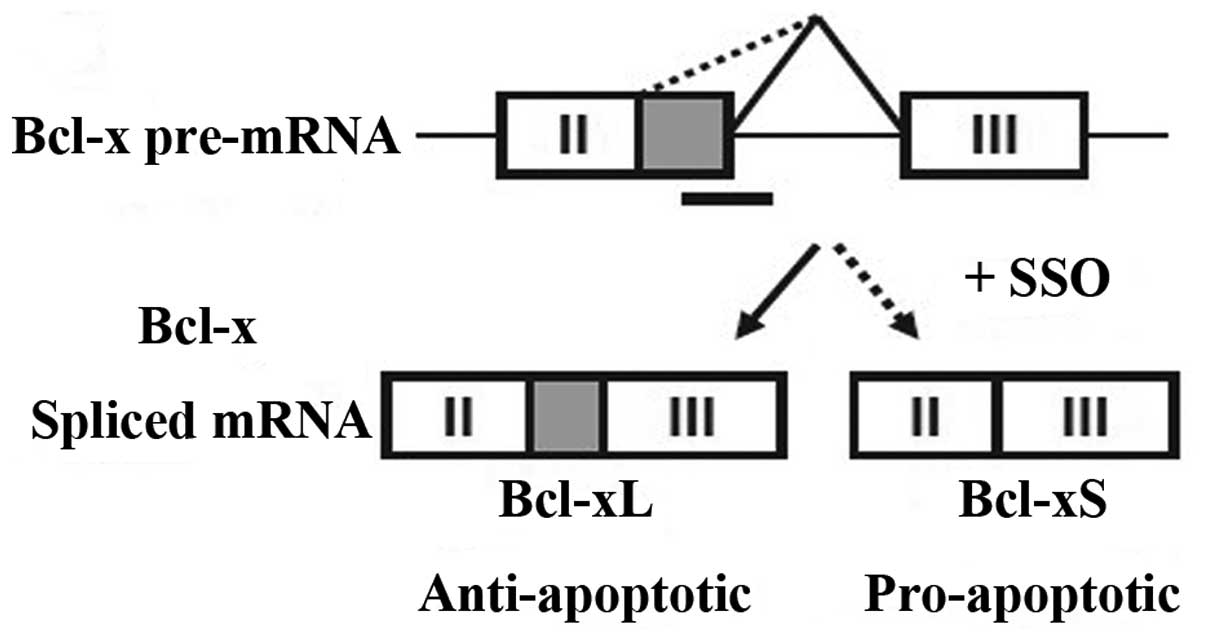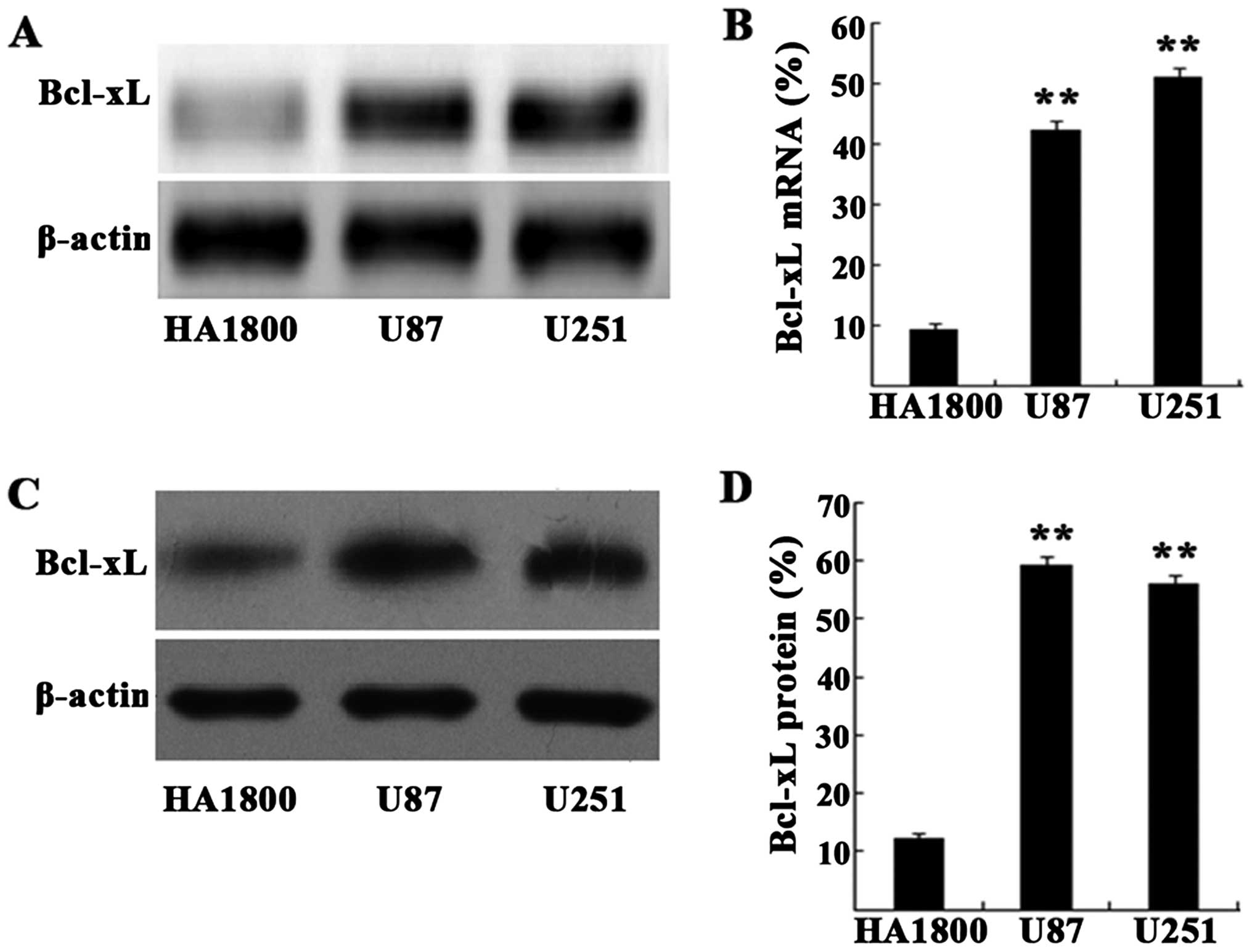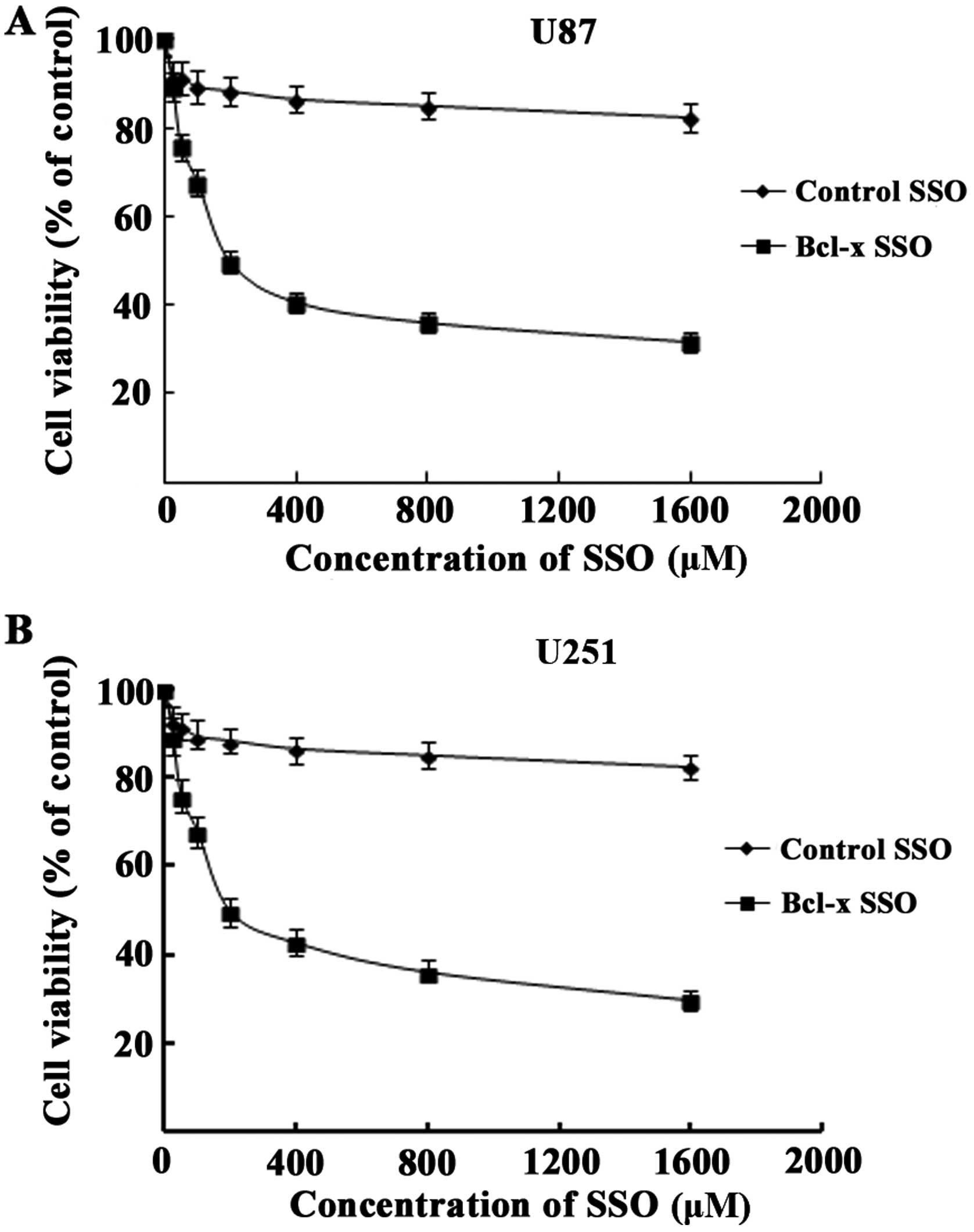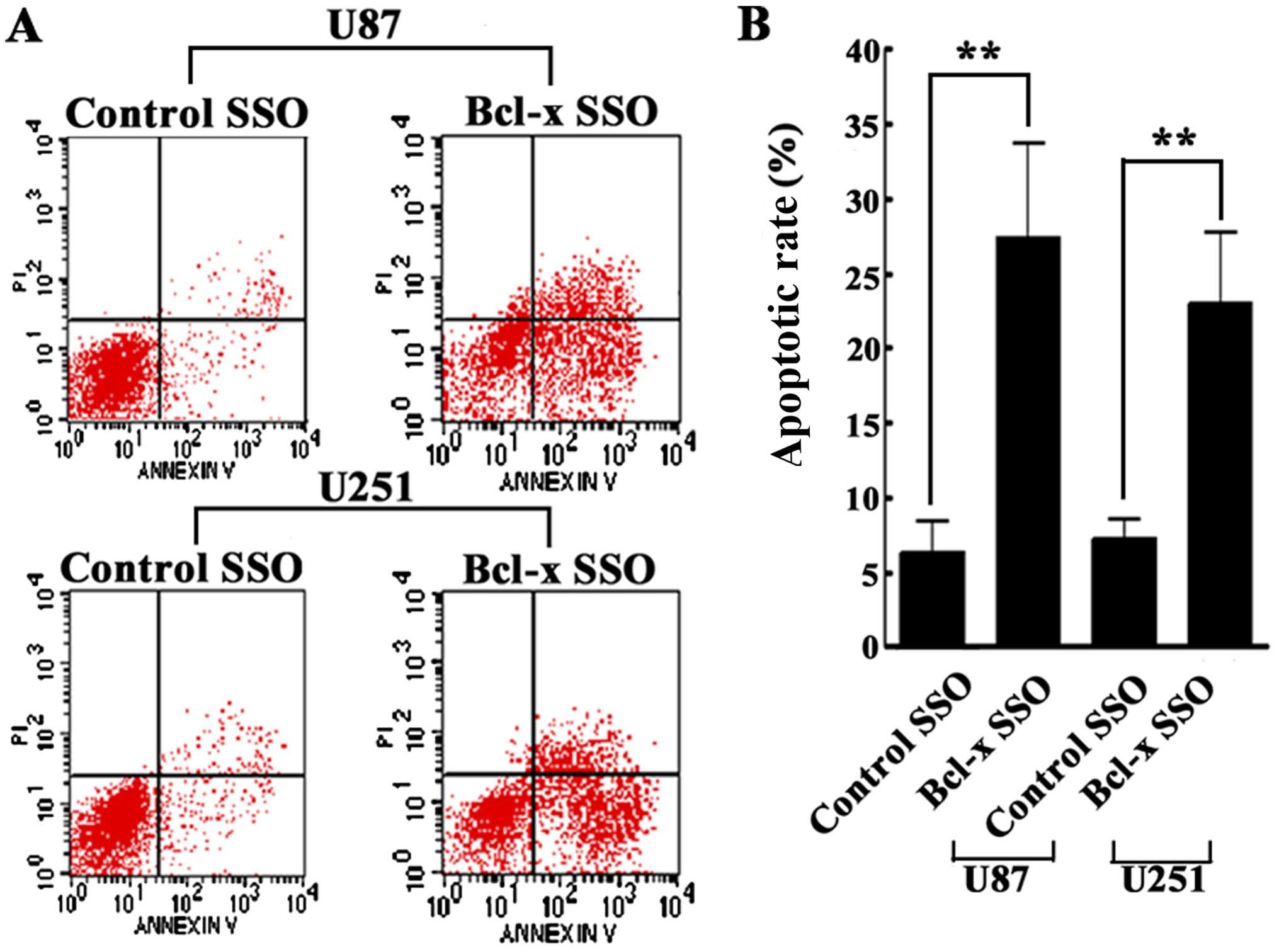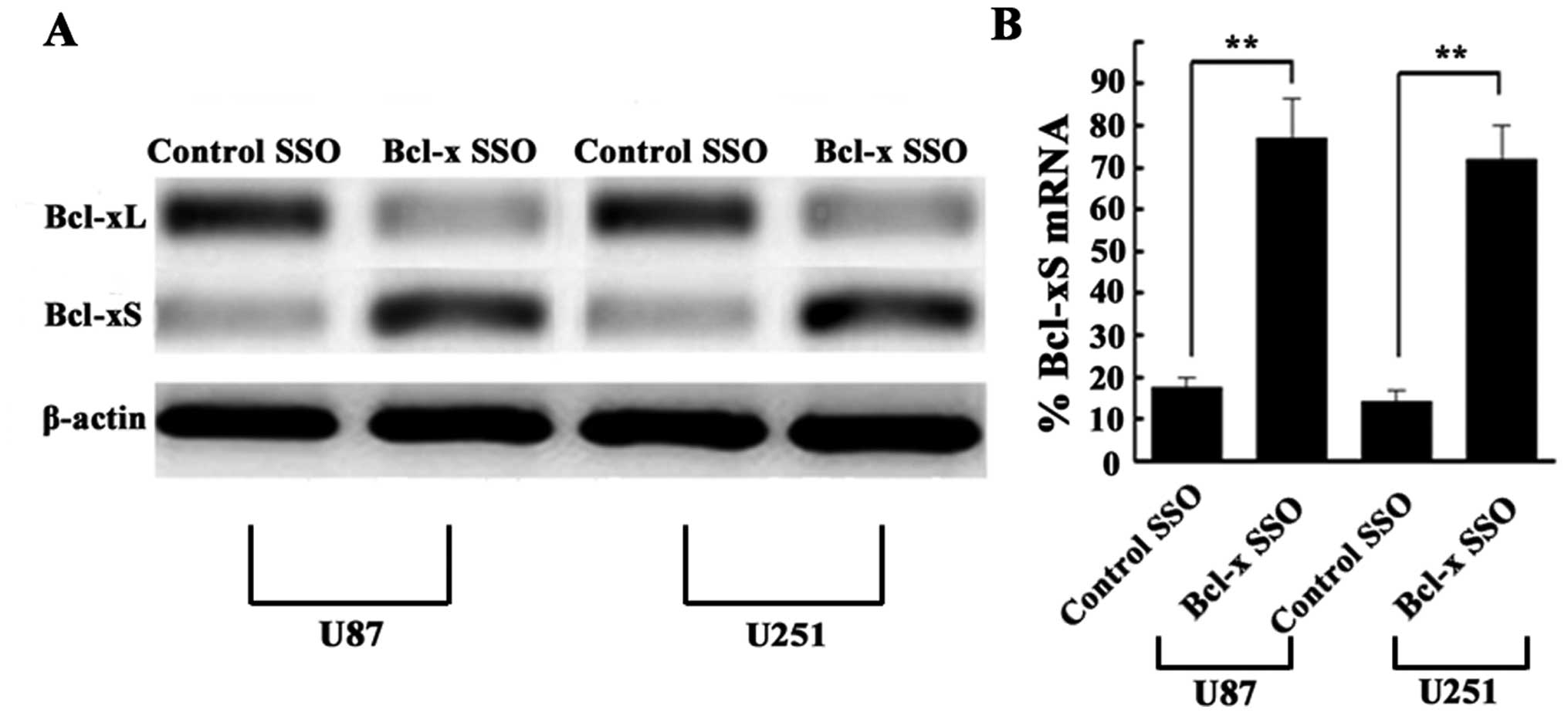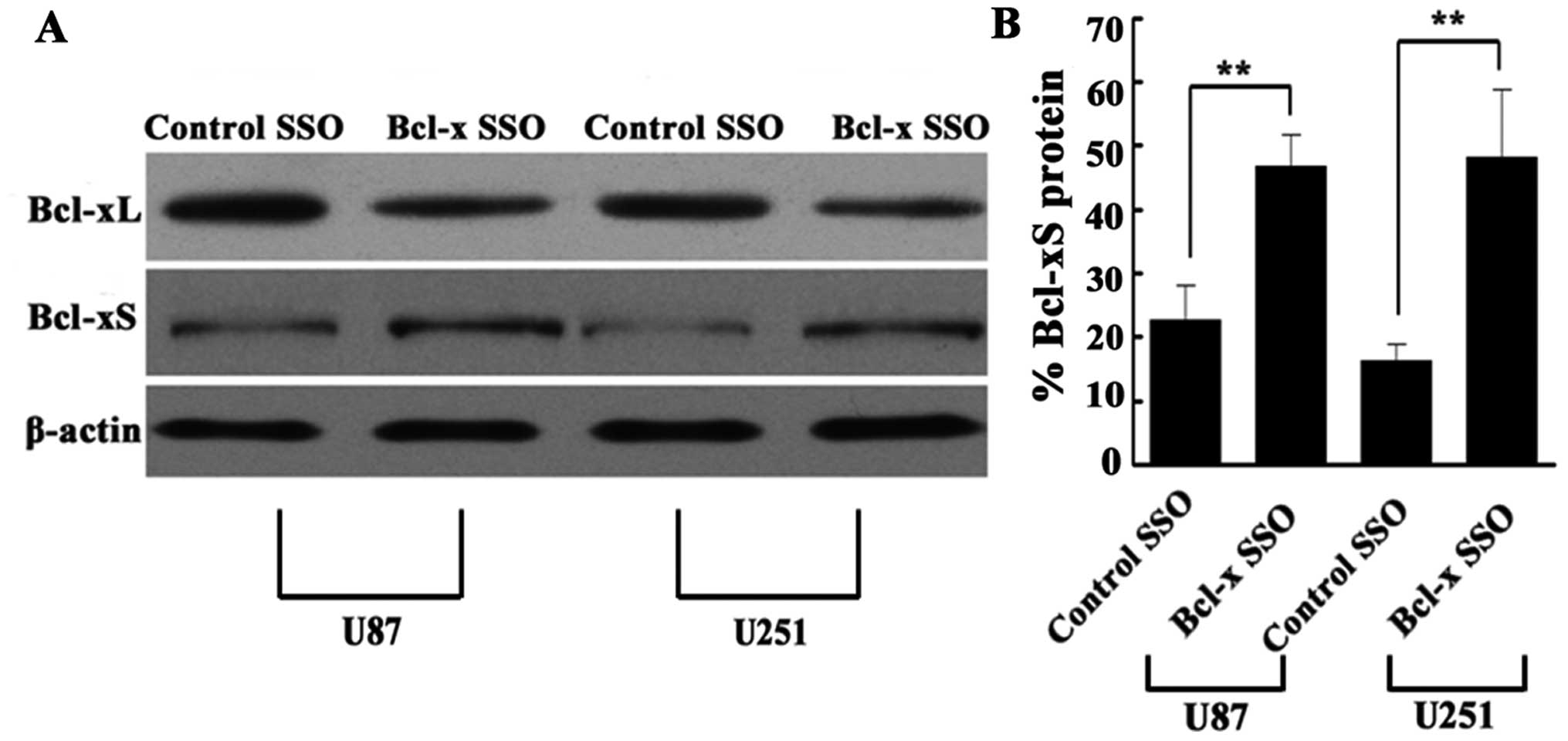|
1
|
Nilsen TW and Graveley BR: Expansion of
the eukaryotic proteome by alternative splicing. Nature.
463:457–463. 2010. View Article : Google Scholar : PubMed/NCBI
|
|
2
|
Gamazon ER and Stranger BE: Genomics of
alternative splicing: Evolution, development and pathophysiology.
Hum Genet. 133:679–687. 2014. View Article : Google Scholar : PubMed/NCBI
|
|
3
|
Beroukhim R, Mermel CH, Porter D, Wei G,
Raychaudhuri S, Donovan J, Barretina J, Boehm JS, Dobson J,
Urashima M, et al: The landscape of somatic copy-number alteration
across human cancers. Nature. 463:899–905. 2010. View Article : Google Scholar : PubMed/NCBI
|
|
4
|
Kalsotra A and Cooper TA: Functional
consequences of developmentally regulated alternative splicing. Nat
Rev Genet. 12:715–729. 2011. View
Article : Google Scholar : PubMed/NCBI
|
|
5
|
Barta A and Schümperli D: Editorial on
alternative splicing and disease. RNA Biol. 7:388–389. 2010.
View Article : Google Scholar : PubMed/NCBI
|
|
6
|
Oltean S and Bates DO: Hallmarks of
alternative splicing in cancer. Oncogene. 33:5311–5318. 2014.
View Article : Google Scholar
|
|
7
|
Pal S, Gupta R and Davuluri RV:
Alternative transcription and alternative splicing in cancer.
Pharmacol Ther. 136:283–294. 2012. View Article : Google Scholar : PubMed/NCBI
|
|
8
|
Hanahan D and Weinberg RA: Hallmarks of
cancer: The next generation. Cell. 144:646–674. 2011. View Article : Google Scholar : PubMed/NCBI
|
|
9
|
Mercatante DR, Bortner CD, Cidlowski JA
and Kole R: Modification of alternative splicing of Bcl-x pre-mRNA
in prostate and breast cancer cells. Analysis of apoptosis and cell
death. J Biol Chem. 276:16411–16417. 2001. View Article : Google Scholar : PubMed/NCBI
|
|
10
|
Palve V, Mallick S, Ghaisas G, Kannan S
and Teni T: Overexpression of Mcl-1L splice variant is associated
with poor prognosis and chemoresistance in oral cancers. PLoS One.
9:e1119272014. View Article : Google Scholar : PubMed/NCBI
|
|
11
|
Vegran F, Boidot R, Oudin C, Riedinger JM
and Lizard-Nacol S: Distinct expression of Survivin splice variants
in breast carcinomas. Int J Oncol. 27:1151–1157. 2005.PubMed/NCBI
|
|
12
|
Bojesen SE, Pooley KA, Johnatty SE,
Beesley J, Michailidou K, Tyrer JP, Edwards SL, Pickett HA, Shen
HC, Smart CE, et al Australian Cancer Study; Australian Ovarian
Cancer Study; Kathleen Cuningham Foundation Consortium for Research
into Familial Breast Cancer (kConFab); Gene Environment interaction
and Breast Cancer (GENICA); Swedish Breast Cancer Study (SWE-BRCA);
Hereditary Breast and Ovarian Cancer Research group Netherlands
(HEBON); Epidemiological study of BRCA1 and BRCA2 Mutation Carriers
(EMBRACE); Genetic Modifiers of Cancer Risk in BRCA1/2 Mutation
Carriers (GEMO): Multiple independent variants at the TERT locus
are associated with telomere length and risks of breast and ovarian
cancer. Nat Genet. 45:371–384. e1–e2. 2013. View Article : Google Scholar : PubMed/NCBI
|
|
13
|
Babic I, Anderson ES, Tanaka K, Guo D,
Masui K, Li B, Zhu S, Gu Y, Villa GR, Akhavan D, et al: EGFR
mutation-induced alternative splicing of Max contributes to growth
of glycolytic tumors in brain cancer. Cell Metab. 17:1000–1008.
2013. View Article : Google Scholar : PubMed/NCBI
|
|
14
|
Singh A, Karnoub AE, Palmby TR, Lengyel E,
Sondek J and Der CJ: Rac1b, a tumor associated, constitutively
active Rac1 splice variant, promotes cellular transformation.
Oncogene. 23:9369–9380. 2004. View Article : Google Scholar : PubMed/NCBI
|
|
15
|
Mayer S, Hirschfeld M, Jaeger M, Pies S,
Iborra S, Erbes T and Stickeler E: RON alternative splicing
regulation in primary ovarian cancer. Oncol Rep. 34:423–430.
2015.PubMed/NCBI
|
|
16
|
Matsuyama M, Chijiwa T, Inoue Y, Abe Y,
Nishi M, Miyazaki N, Furukawa D, Mukai M, Suemizu H, Sekido Y, et
al: Alternative splicing variant of vascular endothelial growth
factor-A is a critical prognostic factor in non-small cell lung
cancer. Oncol Rep. 22:1407–1413. 2009.PubMed/NCBI
|
|
17
|
David CJ, Chen M, Assanah M, Canoll P and
Manley JL: HnRNP proteins controlled by c-Myc deregulate pyruvate
kinase mRNA splicing in cancer. Nature. 463:364–368. 2010.
View Article : Google Scholar :
|
|
18
|
Kim YJ and Kim HS: Alternative splicing
and its impact as a cancer diagnostic marker. Genomics Inform.
10:74–80. 2012. View Article : Google Scholar : PubMed/NCBI
|
|
19
|
Schuster J, Lai RK, Recht LD, Reardon DA,
Paleologos NA, Groves MD, Mrugala MM, Jensen R, Baehring JM, Sloan
A, et al: A phase II, multicenter trial of rindopepimut (CDX-110)
in newly diagnosed glioblastoma: The ACT III study. Neuro Oncol.
17:854–861. 2015. View Article : Google Scholar : PubMed/NCBI
|
|
20
|
Chen J and Weiss WA: Alternative splicing
in cancer: Implications for biology and therapy. Oncogene. 34:1–14.
2015. View Article : Google Scholar
|
|
21
|
Bonomi S, Gallo S, Catillo M, Pignataro D,
Biamonti G and Ghigna C: Oncogenic alternative splicing switches:
Role in cancer progression and prospects for therapy. Int J Cell
Biol. 2013:9620382013. View Article : Google Scholar : PubMed/NCBI
|
|
22
|
Kinali M, Arechavala-Gomeza V, Feng L,
Cirak S, Hunt D, Adkin C, Guglieri M, Ashton E, Abbs S,
Nihoyannopoulos P, et al: Local restoration of dystrophin
expression with the morpholino oligomer AVi-4658 in Duchenne
muscular dystrophy: A single-blind, placebo-controlled,
dose-escalation, proof-of-concept study. Lancet Neurol. 8:918–928.
2009. View Article : Google Scholar : PubMed/NCBI
|
|
23
|
Moore MJ, Wang Q, Kennedy CJ and Silver
PA: An alternative splicing network links cell-cycle control to
apoptosis. Cell. 142:625–636. 2010. View Article : Google Scholar : PubMed/NCBI
|
|
24
|
Miura K, Fujibuchi W and Unno M: Splice
variants in apoptotic pathway. Exp Oncol. 34:212–217.
2012.PubMed/NCBI
|
|
25
|
Mercatante DR, Mohler JL and Kole R:
Cellular response to an antisense-mediated shift of Bcl-x pre-mRNA
splicing and anti-neoplastic agents. J Biol Chem. 277:49374–49382.
2002. View Article : Google Scholar : PubMed/NCBI
|
|
26
|
Bauman JA, Li SD, Yang A, Huang L and Kole
R: Anti-tumor activity of splice-switching oligonucleotides.
Nucleic Acids Res. 38:8348–8356. 2010. View Article : Google Scholar : PubMed/NCBI
|
|
27
|
Bauman J, Jearawiriyapaisarn N and Kole R:
Therapeutic potential of splice-switching oligonucleotides.
Oligonucleotides. 19:1–13. 2009. View Article : Google Scholar : PubMed/NCBI
|
|
28
|
Weiler M, Bähr O, Hohlweg U, Naumann U,
Rieger J, Huang H, Tabatabai G, Krell HW, Ohgaki H, Weller M, et
al: BCL-xL: Time-dependent dissociation between modulation of
apoptosis and invasiveness in human malignant glioma cells. Cell
Death Differ. 13:1156–1169. 2006. View Article : Google Scholar
|
|
29
|
Alexandru-Abrams D, Jadus MR, Hsu FP,
Stathopoulos A and Bota DA: Therapeutic targeting of malignant
glioma. Anticancer Agents Med Chem. 14:1075–1084. 2014. View Article : Google Scholar : PubMed/NCBI
|
|
30
|
Li Z, Tian Y, Tian N, Zhao X, Du C, Han L
and Zhang H: Aberrant alternative splicing pattern of ADAR2
downregulates adenosine-to-inosine editing in glioma. Oncol Rep.
33:2845–2852. 2015.PubMed/NCBI
|
|
31
|
Fontana L, Rovina D, Novielli C, Maffioli
E, Tedeschi G, Magnani I and Larizza L: Suggestive evidence on the
involvement of polypyrimidine-tract binding protein in regulating
alternative splicing of MAP/microtubule affinity-regulating kinase
4 in glioma. Cancer Lett. 359:87–96. 2015. View Article : Google Scholar : PubMed/NCBI
|
|
32
|
Disterer P, Kryczka A, Liu Y, Badi YE,
Wong JJ, Owen JS and Khoo B: Development of therapeutic
splice-switching oligo-nucleotides. Hum Gene Ther. 25:587–598.
2014. View Article : Google Scholar : PubMed/NCBI
|
|
33
|
Sazani P, Astriab-Fischer A and Kole R:
Effects of base modifications on antisense properties of
2′-O-methoxyethyl and PNA oligonucleotides. Antisense Nucleic Acid
Drug Dev. 13:119–128. 2003. View Article : Google Scholar
|
|
34
|
Adkin C, Fletcher S and Wilton SD:
Optimizing splice-switching oligomer sequences using 2′-O-methyl
phosphorothioate chemistry. Methods Mol Biol. 867:169–188. 2012.
View Article : Google Scholar
|
|
35
|
Wan J, Bauman JA, Graziewicz MA, Sazani P
and Kole R: Oligonucleotide therapeutics in cancer. Cancer Treat
Res. 158:213–233. 2013. View Article : Google Scholar : PubMed/NCBI
|
|
36
|
Shchelkunova A, Ermolinsky B, Boyle M,
Mendez I, Lehker M, Martirosyan KS and Kazansky AV: Tuning of
alternative splicing - switch from proto-oncogene to tumor
suppressor. Int J Biol Sci. 9:45–54. 2013. View Article : Google Scholar :
|















